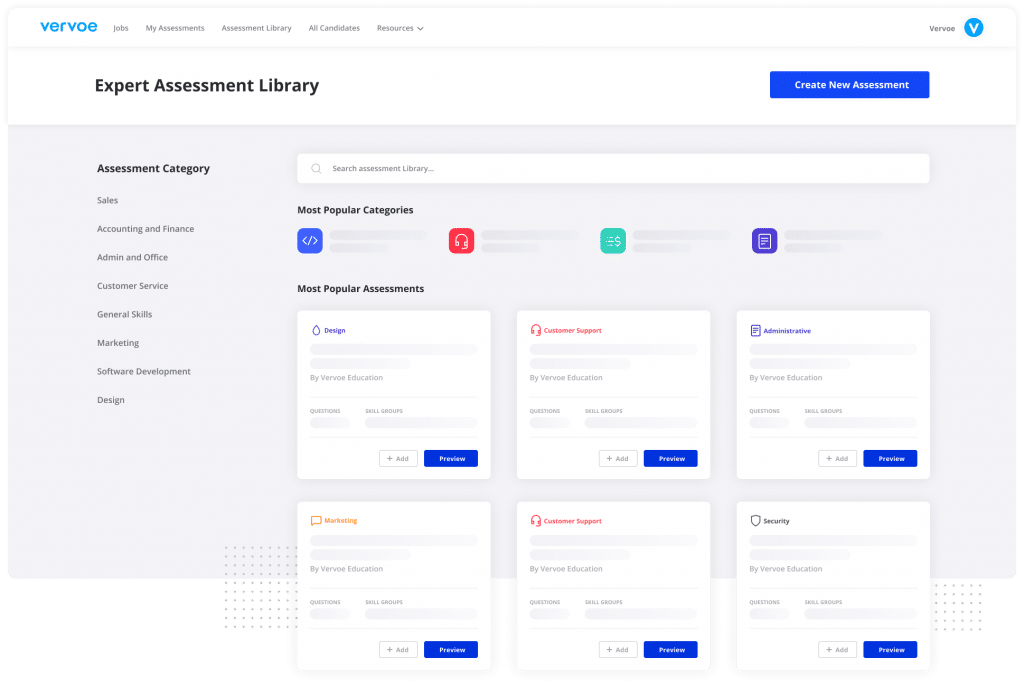Is a graphic designer at a major accounting firm the same job as a graphic designer at an early-stage startup? There is an obvious overlap in functional skills, but that’s where the similarity ends.
Adding context to selection methods is a departure from the way many companies, and indeed many talent acquisition professionals, think about competency frameworks. It’s easy to associate competence with job titles in a generic sense. However, given people’s performance will depend on the context in which they operate, all notions of competence should take context into account.
Similar, but different.
Let’s take our earlier example. A designer at startup will have limited resources and even less time. They’ll be required to “ship fast” because the clock is ticking, and everything is an experiment. Management will have a relatively high tolerance for mistakes, and decisions will be made on the spot.
Conversely, a large accounting firm will be far less tolerant of risk. Decisions are made by committee; perfection will be prioritized over speed, and autonomy will likely be low.
How similar do these roles sound now?
While the fundamental craft is essentially the same, the context is entirely different. Success is measured differently, and the respective operating environments have very little in common.
Why context is everything
It follows that the best person to do the accounting firm’s job is probably not the best person to do the job at the startup. In some cases, the same person might be able to excel in both roles. Still, they’ll need to apply themselves and behave quite differently.
Competence is dependent on context, something James Clear emphasizes in his book Atomic Habits.
There’s no such thing as a “good graphic designer.” Instead, there is an excellent graphic designer in your particular context. That context might be unique to your company. Or, it might be broadly applicable to companies in your industry or of a similar size, for example.
How to build context into your recruitment process
When filling a role, it’s essential to think of what it takes to succeed in that role at your company.
It’s helpful to divide the requirements into two components. The first is the skills that are specific to the role itself and would likely be required in any context. In other words, what does the person in the position need to achieve?
The second component is the skills that are unique to your context. In other words, how do you expect the person to approach their role? This can include cultural aspects, attitude, behavior, and so on.
Using assessments to add context
The next step is to come up with a way to test candidates for those skills. Following this logic, a generic “graphic designer test” doesn’t make much sense because it only addresses the first component. To identify someone who will excel in a role in your context, the test must take into account both parts. It must be context-dependent because competence is dependent on context.
Using a custom skill assessment allows you to build both of the components into one test. Replicating the job as closely as possible, a solution like Vervoe makes it simple to validate technical competency within the context of your role.

Taking the graphic designer example, Vervoe’s assessment builder suggests skill groups and questions that usually apply to the role. Employers can edit these questions to suit the organization’s purpose.
Re-thinking candidate selection to include context will help you identify people who are more likely to succeed in your environment. It makes sense because it’s also unlikely that the people who want to work at a startup will also want to work at major accounting firms, and visa versa.




















